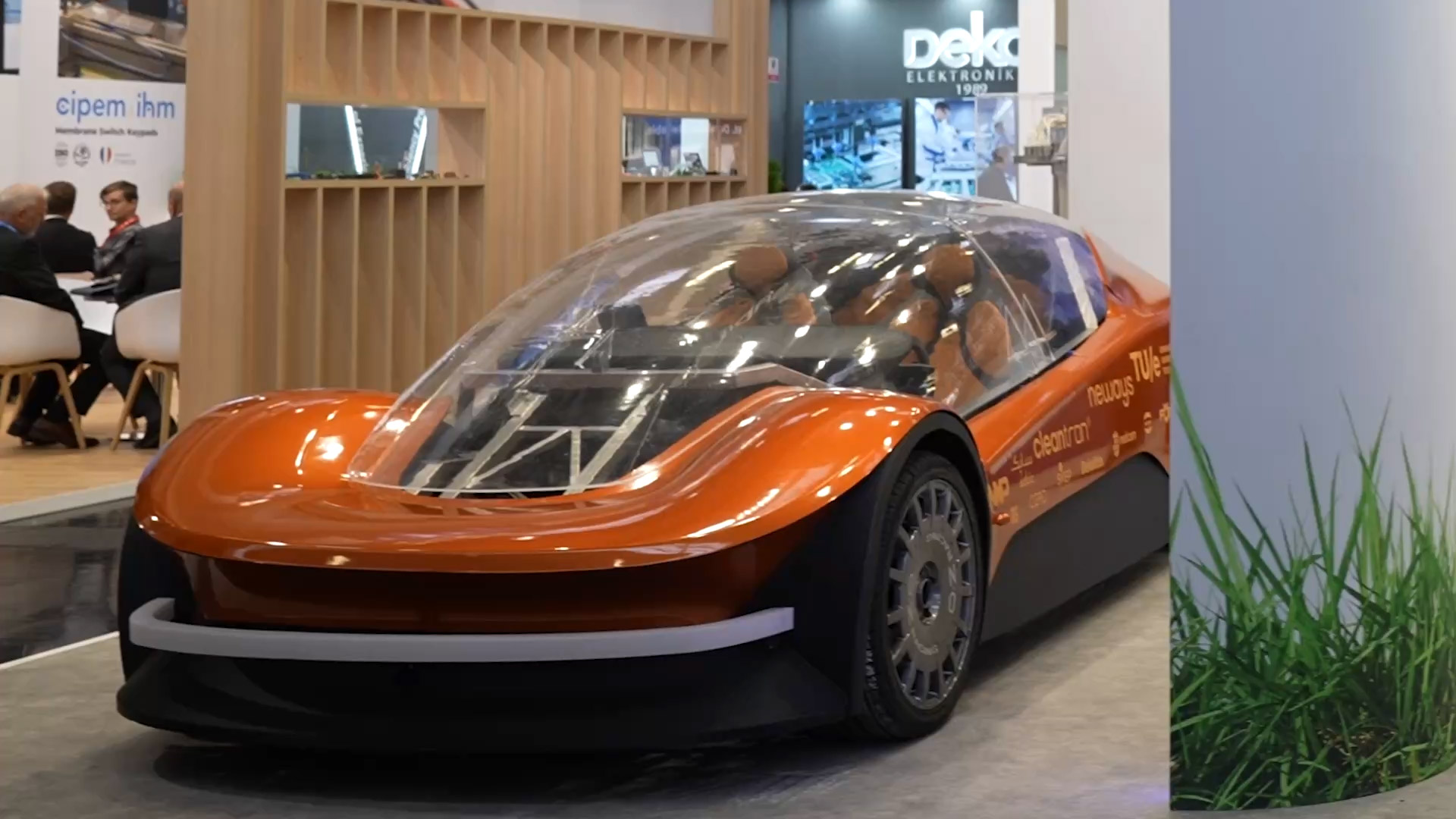In recent years, IAA Mobility has developed into one of the most important international platforms for mobility, sustainability, and technology. The event focuses on forward-looking solutions for the transportation of tomorrow – from connected vehicles and urban mobility concepts to climate-friendly drive technologies. In its current form, the IAA combines a traditional automotive exhibition with a cross-industry innovation show.

For a long time, the IAA was considered a pure car show, where manufacturers primarily presented their latest models. Today, it is an interdisciplinary forum that takes a much broader view: Mobility is no longer thought of as simply traveling by car, but as a holistic ecosystem of infrastructure, digitalization, energy, and urban living space. The focus is on topics such as multimodality, emission-free transport, smart cities, and the seamless integration of different modes of transport. The trade fair is therefore aimed not only at automotive manufacturers, but also at companies from the tech industry, start-ups, energy suppliers, mobility service providers, and urban development stakeholders.
A special feature of the trade fair for mobility is its event concept, which connects the exhibition grounds of Messe München and Munich city center. While trade visitors mingle and network with industry contacts in the exhibition halls, central locations in the city are transformed into so-called “open spaces.” There, interested citizens can also find out about new forms of mobility, experience vehicles, or try out new concepts—for example, on test tracks for e-bikes or autonomous driving. This opening up to urban space underscores the event's claim to think about mobility not in isolation, but in the context of society, everyday life, and the environment.
The diversity of exhibitors shows how much the industry is changing. In addition to traditional automotive companies, numerous suppliers, technology companies, and mobility start-ups will also be presenting their developments. Topics such as electric mobility, hydrogen drives, charging infrastructure, vehicle software, connectivity, and sensor technology are key focal points at the trade fair. The field of micromobility is also represented: e-scooters, bicycles, cargo bikes, and sharing solutions show how inner-city mobility can be rethought. The intelligent transport systems segment is developing particularly dynamically, driving forward real-time data-controlled traffic flows and autonomous logistics solutions, for example.
Parallel to the exhibition, there will be an extensive conference program bringing together decision-makers from business, science, and politics. The panels, keynotes, and discussion formats will provide impetus for key questions about the future of mobility: How can transportation be made sustainable? What role does artificial intelligence play in controlling mobility chains? And how can the transformation be achieved while taking social, ecological, and economic aspects into account? The conference has a deliberately international focus, because the challenges are global – and the solutions can often only be realized through cooperation between different industries and countries.
A central theme of the IAA is the ecological transformation of transportation. Vehicle CO₂ emissions, the expansion of renewable energies, and the circular economy in production are among the topics presented, as are strategies for decarbonizing entire mobility chains. It is not only the end product that plays a role here, but the entire life cycle – from raw material extraction to use and recycling. Numerous exhibitors are also focusing on transparent communication of their ESG (environmental, social, governance) goals and making their progress in the area of sustainability measurable and comparable.
The internationally renowned IAA transport trade fair appeals to a wide range of target groups. For industry representatives, it offers a high-caliber networking platform where business relationships can be established, trends discussed, and collaborations initiated. For the general public, it is an opportunity to experience technologies firsthand and form their own impressions of how mobility is changing. The trade fair is also an interesting venue for educational institutions, research projects, and young talent—not least thanks to formats such as the start-up area and special career days.
The IAA Mobility does not see itself as a showcase for the status quo, but as a catalyst for the future. With its cross-industry approach, international orientation, and combination of trade and public fairs, it creates a format that goes beyond traditional trade fair concepts. The challenges surrounding urban density, climate change, and digitalization are enormous – but at IAA Mobility, it becomes clear that solutions are within reach. Anyone who wants to understand where mobility is heading cannot afford to miss this event.
Further information can be found on the organizer's website: www.iaa-mobility.com